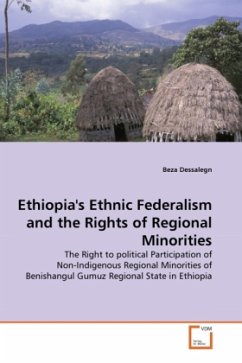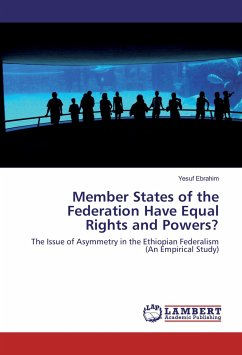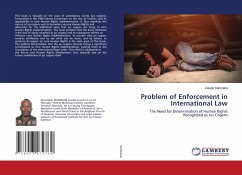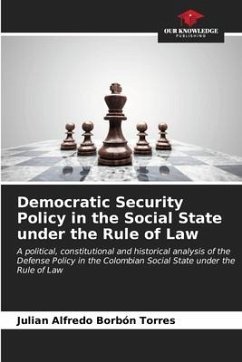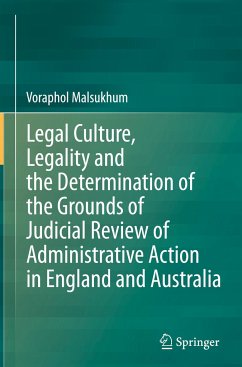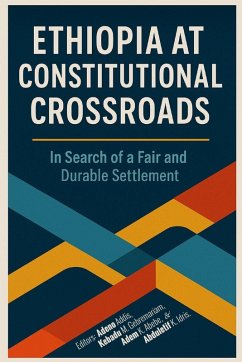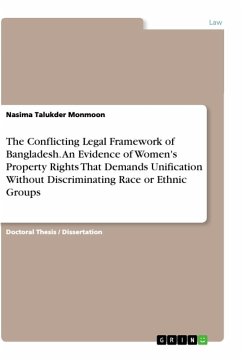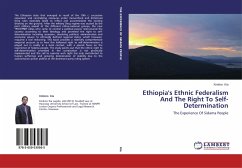
Ethiopia's Ethnic Federalism And The Right To Self-Determination
The Experience Of Sidama People
Versandkostenfrei!
Versandfertig in 6-10 Tagen
58,99 €
inkl. MwSt.

PAYBACK Punkte
29 °P sammeln!
The Ethiopian state that emerged as result of the 19th c. successive expansion and centralizing measures under monarchical and dictatorial Derg rules miserably failed to reflect and accommodate the existing diversity on the ground. After the military Derg regime was ousted by the joint military assault of the different ethno-national groups, the new TPLF/EPRDF elites who came to control a political power restructured the country according to their ideology and promised the right to self-determination including secession, devolving political, administrative and economic power to ethnically defi...
The Ethiopian state that emerged as result of the 19th c. successive expansion and centralizing measures under monarchical and dictatorial Derg rules miserably failed to reflect and accommodate the existing diversity on the ground. After the military Derg regime was ousted by the joint military assault of the different ethno-national groups, the new TPLF/EPRDF elites who came to control a political power restructured the country according to their ideology and promised the right to self-determination including secession, devolving political, administrative and economic power to ethnically defined regional states, which however, required a real reckoning. This book provides a relatively comprehensive empirical account as to how this hallowed right to self-determination is played out in reality in a local context, with a special focus on the experience of Sidama people. The study points out that the ethnic right to self-determination promised in the constitution is not practically implemented and the call to exercise such right has only contributed to human sufferings and growing deterioration of stability due to the authoritarian power politics of the dominant party ruling system.



